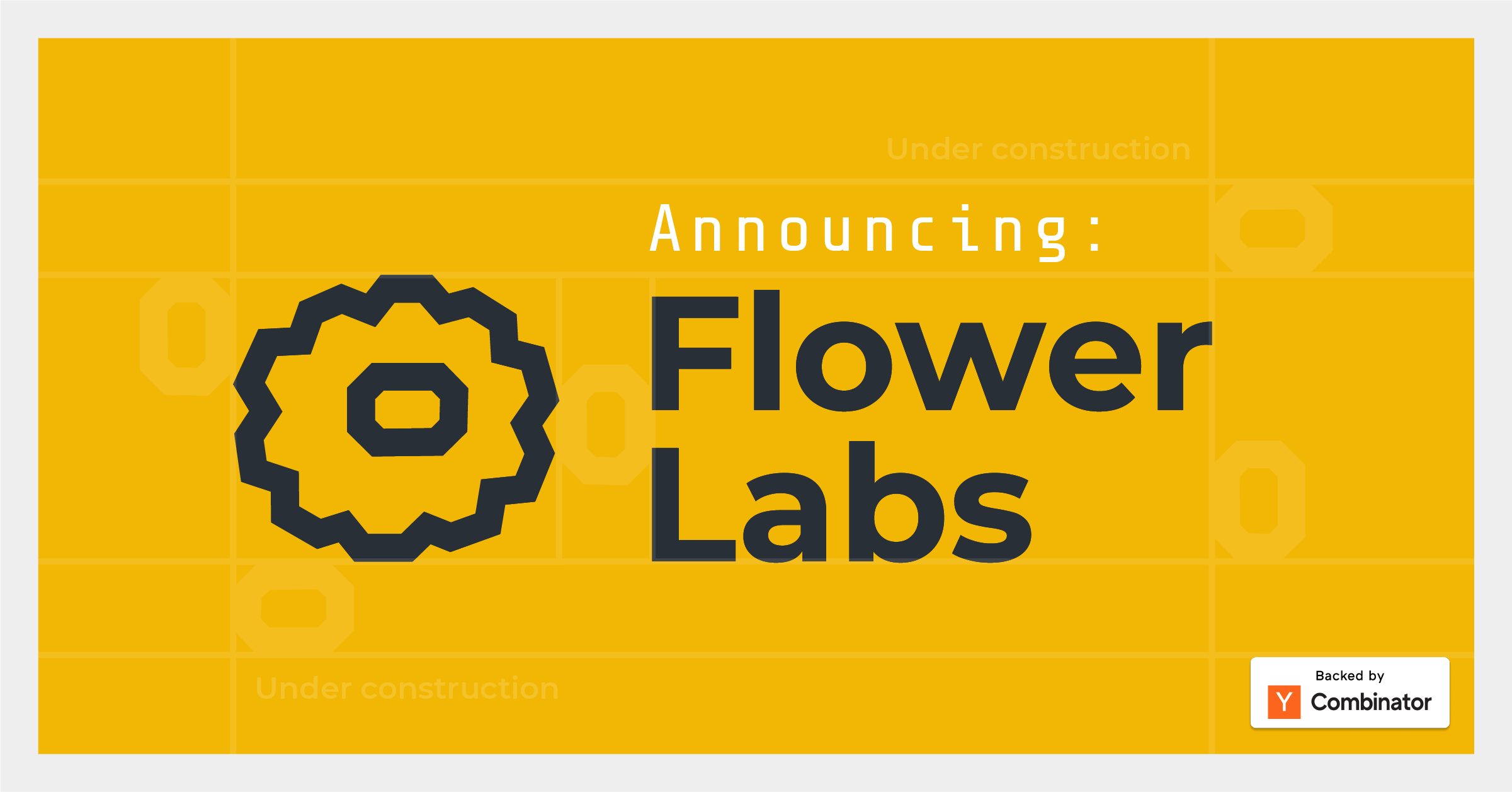Announcing Flower Labs




AI is evolving with core principles of both centralized compute and centralized data, and this in turn is driving a number of unintended consequences. AI that is difficult to build collaboratively. AI where participation requires an ever increasing amount of processing power. AI that is trained largely on readily accessible data from the web, which ignores distributed data: much larger and diverse data distributed across organizational silos or user devices. Emerging AI paradigms exist that overcome these limitations, such as federated learning and others – but adoption is still too challenging, and we believe much more development is still ahead of them before they reach their full potential.
Our hypothesis is that federated learning and related approaches need to move faster, become more universally adopted – and have a dramatic increase in the number of people improving them, and pushing to overcome existing limitations. But if these conditions are established, then AI will suddenly evolve along a much different path, a path that opens possibilities that simply don’t exist today.
Almost all AI today is based on centralized public data — a small fraction of the data we have; we believe that training on orders of magnitude more data -- the distributed data, found everywhere around us (e.g., silo-ed within a company) but currently inaccessible -- will unlock the next leaps in AI.
An AI future that is collaborative, open and distributed
More than three years ago, we built Flower to start to create the necessary conditions for AI to evolve with core collaborative principles and with data allowed to remain in its natural state: distributed and under control by those who generate it. This was our mission at the start, and it remains our mission today. For this reason, Flower has a foundation of community-first, open-source – and always friendly. It has evolved to become the easiest way in the world for someone to take a centralized machine learning method, and allow it to become federated. Moreover, Flower is the de facto framework of choice for scientists inventing collaborative forms of AI.
We are immensely grateful for the wonderful community that has developed that shares in this vision, and are delighted how far Flower has come. But we also believe the world needs us to move even faster. Because the world needs to “train different”.
Funding the future of Flower
Today, we are announcing the public launch of Flower Labs, an AI startup to accelerate the mission of the Flower open-source project. And we’re starting Flower Labs with major news: our first new partner working with us towards this goal is Y Combinator (YC) – recognized as the best startup accelerator in the world.
From its inception, Flower has been an open-source project with a strong community focus. All development happens in the open, on GitHub. Everyone can use upcoming features as they evolve, commit by commit, and exchange ideas on different channels to shape where Flower is going next. The community uses Slack, GitHub issues, discussions, pull requests, and other ways to collaborate and make Flower easier and better for everyone.
Now, through Flower Labs and the funding from individuals and organizations who believe in our mission, we can build and selectively monetize services that make Flower even easier to adopt and that provide sustainable funding to develop Flower in the long run. Examples for such efforts include a managed platform that takes on the burden of launching and operating Flower components. We can also offer enterprise support that helps larger organizations to make the decision to build on top of Flower. The revenue generated by these efforts will go into advancing our mission, making the Flower open-source project better, and increasing the bandwidth to deal with the incredible demand we see in the community. This means - among other things - more features, faster responses to GitHub issues, faster PR reviews, and more frequent releases.
The first results are already available to everyone: Flower 1.2 was released in January, Flower 1.3 followed in February, and Flower 1.4 is just around the corner. Among many other things, we released the largest technical change since the inception of Flower: the (still experimental) Driver API (more on that soon). We also started the Flower Monthly series of events as a new and more regular opportunity for the Flower community to come together, share their progress, and exchange ideas.
Train Different
Flower Labs will drive a step-change in the speed, depth and scale of the development of Flower. We believe this is a huge step towards developing AI ecosystems that are fundamentally collaborative and open at their core. Flower Labs enables us to dramatically scale our efforts in growing Flower and its capabilities, and therefore accelerate progress towards our goal – that remains unchanged. We like to refer to this goal with the phrase “train different”, in reference to the new methods for training AI that this incredible community is seeking to take mainstream. Flower will offer the world everything it needs to pivot from the centralized methods of conventional AI, and embrace instead a collaborative AI future.
In closing: AI, like any human-made technology, can be shaped. And we believe that it is too important an advance for humanity for it to not be funneled towards a shape in which it is easily accessible by everyone and thus is a shared communal resource. An AI future that is collaborative, open and distributed.
– Daniel, Taner and Nic